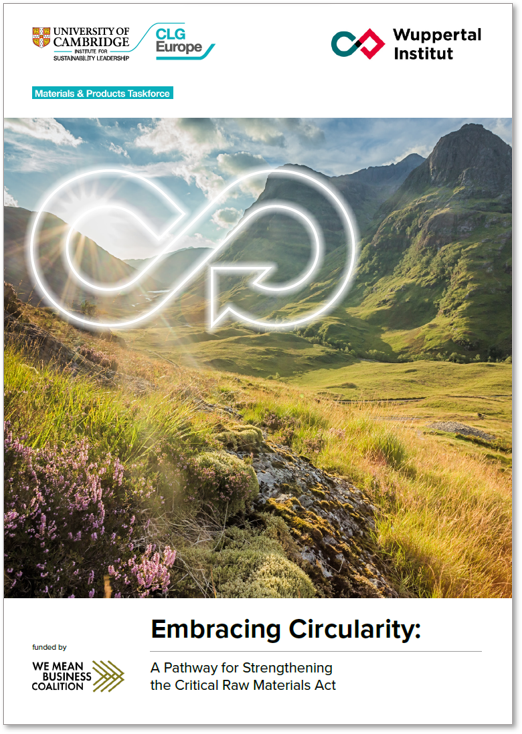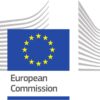
Embracing Circularity – A Pathway to Strengthening the Critical Raw Materials Act
The report outlines the growing global demand for critical raw materials (CRMs), essential for products like electric cars, solar panels, and wind turbines. These materials are crucial for the green and digital transitions, but Europe's dependency on them poses environmental and societal challenges. The European Union (EU) is addressing this through initiatives like the Circular Economy Action Plan and the Critical Raw Materials Act (CRMA).
Circular Economy and Green Transition: The EU's Circular Economy Action Plan, launched in March 2020, introduces wide-ranging legislation to combat greenwashing, promote eco-design, and improve appliance repair. This plan is central to the EU's strategy for achieving a climate-neutral economy by 2050, benefiting all citizens. A circular economy approach, which focuses on reducing waste and reusing resources, is seen as vital to addressing the dilemmas posed by CRM dependency.
Critical Raw Materials Act The CRMA is a legislative proposal aiming to secure the supply of CRMs, emphasizing the EU's strategic autonomy, especially in light of dependencies on China and recent geopolitical events like Russia's war in Ukraine. The Act proposes to source at least 10% of the EU's annual CRM consumption domestically, which raises environmental and social concerns regarding mining in Europe.
Environmental and Social Challenges Europe faces the uncomfortable truth of needing CRMs for its consumption patterns but is reluctant to bear the environmental and social impacts of mining. This leads to a dependency on imports, often from countries facing the adverse effects of extraction.
Circular Economy Solutions The draft CRMA suggests a 15% recycling target for CRMs, promoting circularity. However, circularity involves more than recycling; it includes keeping the value of materials in the system longer. This aspect is underrepresented in the current proposal. A shift to a circular economy is proposed not only to reduce carbon emissions and material consumption but also to provide socially just solutions.
Circularity in Business Practices The report highlights the business benefits of circular economy solutions, including supply and technology risk mitigation, cost reduction, environmental improvements, and the development of new markets and business models. Examples like extending the life of lithium-ion batteries and implementing repair services illustrate how businesses can innovate within a circular framework.
Policy Recommendations The report recommends a comprehensive approach to circularity within the CRMA, advocating for a flexible, case-by-case application. It suggests investing in infrastructure to support a systemic circular economy and setting a clear vision for a European Industrial Strategy that combines circularity, carbon neutrality, and sustainability. Diversifying supply chains and promoting responsible mining are key to creating more sustainable supply networks. Financial incentives and support schemes are proposed to accelerate the commercial viability of green technologies.
In summary, the report underscores the importance of a balanced approach to securing CRMs, advocating for a stronger emphasis on circular economy practices to address environmental, social, and economic challenges. This approach is seen as essential for the EU's transition to a climate-neutral, sustainable economy.






Embracing Circularity – A Pathway to Strengthening the Critical Raw Materials Act 0 reviews
Login to Write Your ReviewThere are no reviews yet.